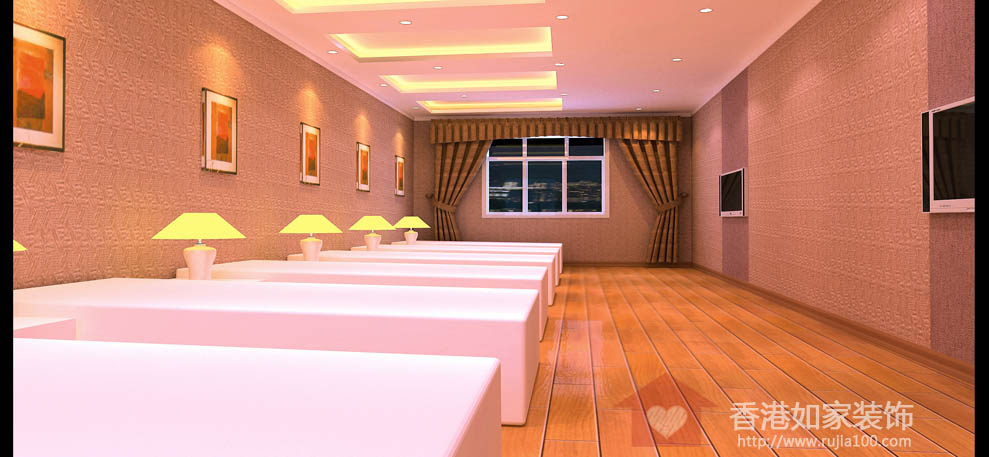Can the balcony floor be higher than the bedroom in bedroom decoration?
Nowadays, people are very careful about all aspects of home decoration, especially Feng Shui. We've noticed a lot of people are quite particular about it. Yesterday, a customer asked: "In the bedroom with an attached balcony, can the balcony floor be higher than the bedroom floor?" Indeed, having concerns about height differences is quite normal.
It is acceptable for the balcony floor to be higher than the bedroom floor in a bedroom with an attached balcony. Previously, I worked on a Japanese-style bedroom where the balcony was designed as a tatami area. The homeowners were young and fashionable; the female owner was a runway model. This design allowed them to relax or sunbathe, and the result was pretty good. In fact, with such a layout, as long as it's carefully designed, it can produce excellent results. At this point, some may wonder: "If the balcony is higher than the bedroom, does it have any superstitious implications?" Generally speaking, after purchasing a house, people often try to expand the usable space by renovating the balcony, pushing the living room or bedroom outward so that the balcony becomes part of the interior. As a result, the room becomes more spacious and brighter.
There's nothing inherently wrong with this approach, but it’s crucial to ensure the structural safety of the building and adhere to Feng Shui principles. In typical residential structures, there is usually a beam between the balcony and the bedroom. After renovation, when the balcony and bedroom are combined into one space, this beam can become visually unappealing and detrimental to Feng Shui, creating a situation known as "a beam pressing down." Therefore, it may be necessary to add a ceiling. The floor should be consistent with the bedroom floor as a whole. Whether you create a leisure area or a separate tatami space, these are considered individual units and not included in overall Feng Shui considerations, carrying no negative connotations.
